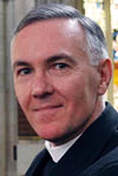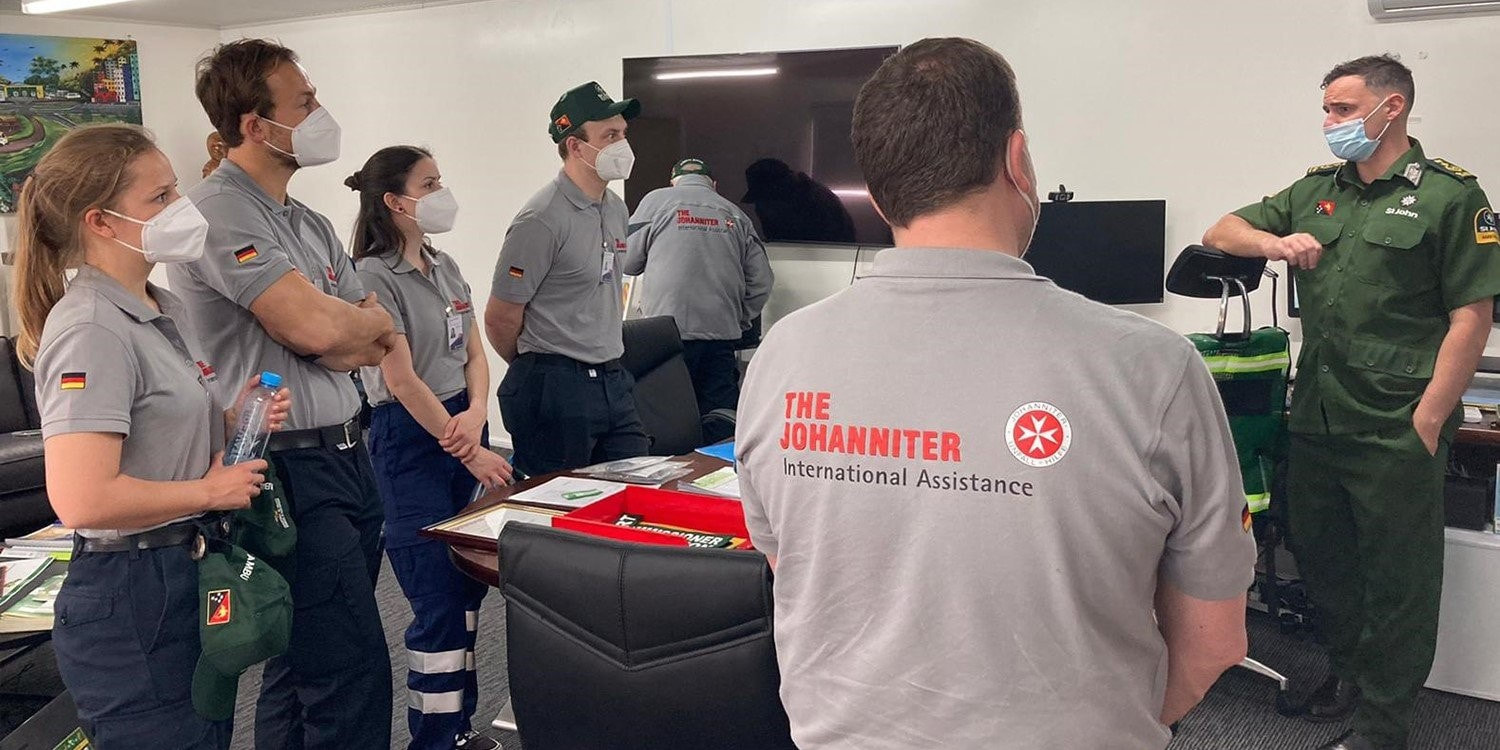For the Faith
|
The Rev. Dr Robert Beaken
|
Since Easter 2020, our County Chaplain has been writing a weekly message which we have been sending out via Facebook and e-Mail (where possible). The most recent is below, with links to previous weeks noted at the bottom of the page. We hope these are a comfort during this difficult time - and I am sure Robert would welcome feedback if you wish to provide some.
|

